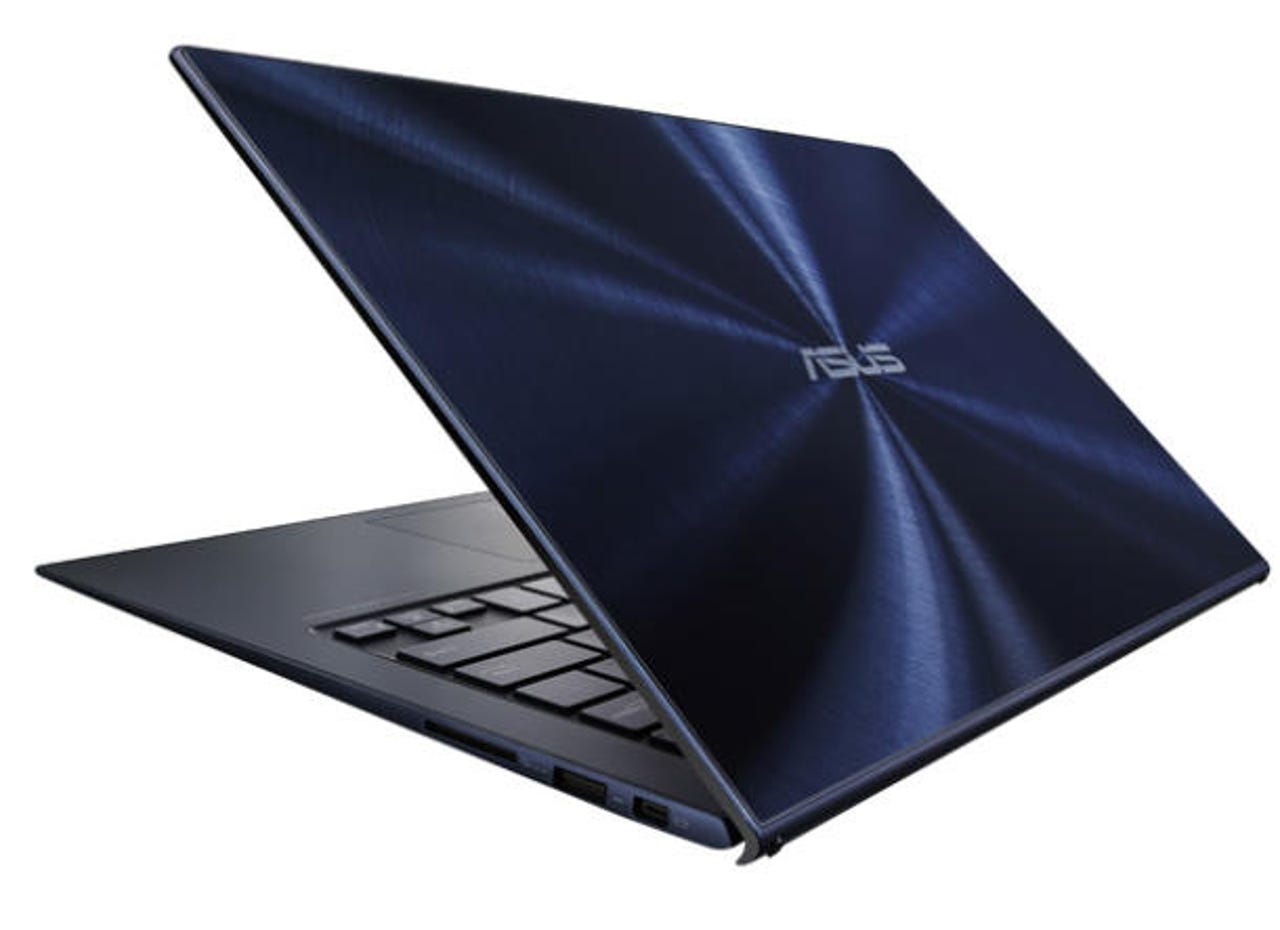Asus' Computex lineup highlights post PC era conundrum

Asus' barrage of products from Computex 2013 is notable. An ultrabook, the Zenbook Infinity, is covered with Gorilla Glass and features the latest Intel processors.
To round out its lineup, Asus included Android tablets, the Memo Pad HD7, FonePad Note and Transformer Pad Infinity. There's also a device that can run both Windows 8.1 and Android. These tablets will push the commodity computing equation even more since the HD7 will run you $129.
If you zoom out on Asus' product line you see the conundrum for PC makers of all stripes. Clearly, the Asus Zenbook Infinity, a potential PC market savior due in the third quarter, will be a front-runner for Windows 8.1, which aims to correct for a mixed Windows 8 launch. In fact, the Zenbook Infinity may have been the hardware that should have been available with the Windows 8 launch last year.

The catch here is that PC sales are dismal. PCs are struggling against tablets and more mobile hardware. Keep in mind that there's only so much wallet share available for computing. The choice for many people is between a tablet and a laptop. Apple is seeing Mac cannibalization, but at least most of it is going to the iPad. PC makers aren't so lucky.
Related: Intel bets on better battery life as the killer next-gen Core feature | Computex, Windows 8.1, Intel's Haswell: The next PC Hail Mary | Acer announces $379 8-inch Iconia W3 Windows 8 tablet | Computex 2013: ARM announces mid-range A12, 'sets record straight' on Intel's Silvermont
And that reality highlights the Asus big hedge strategy. Note the tablets are Android-powered. Asus is playing a Windows 8.1 high margin game with an Android commodity device strategy on the other side for volume. Should the PC market not recover, Asus has a strategy that won't deliver decent profits.
Asus isn't alone. HP has a similar model. HP will be all about the Windows 8.1 PCs, but it also is hitting the low end of the market with Android tablets. Most PC makers, excluding Dell, are pursuing this Windows 8.1-Android approach.
But the ugly truth is that PC makers are still tethered to Windows 8.1 and Microsoft's ability to grow the market with Intel's latest hardware. If Windows 8.1 doesn't deliver, PC makers are going to be scrapping for the profit morsels left over from a too-crowded Android ecosystem.